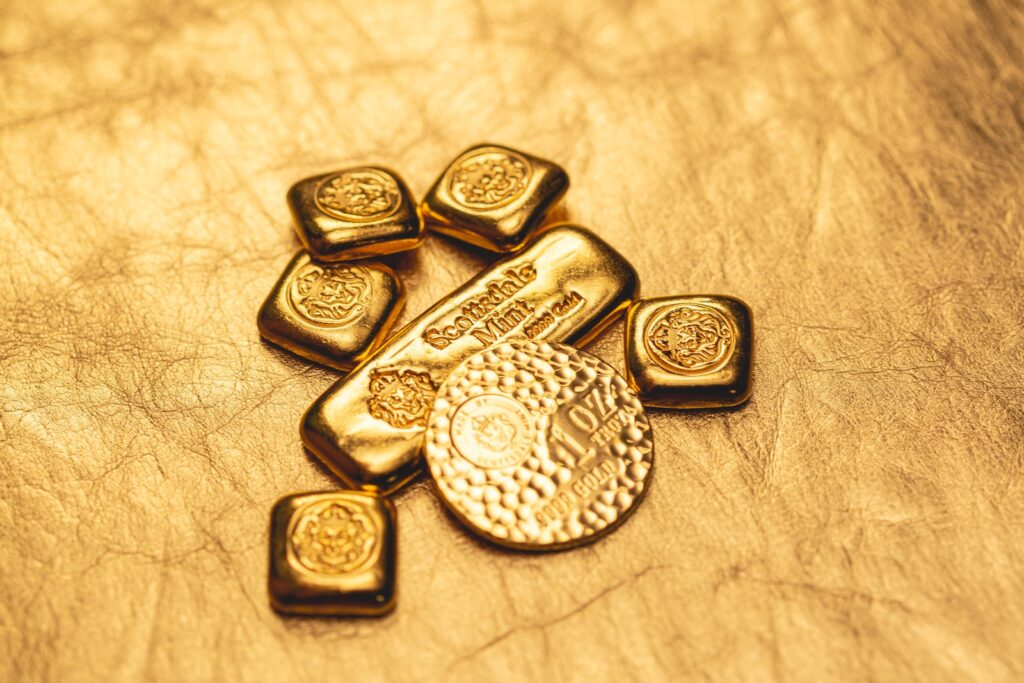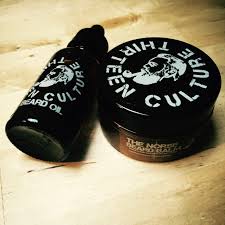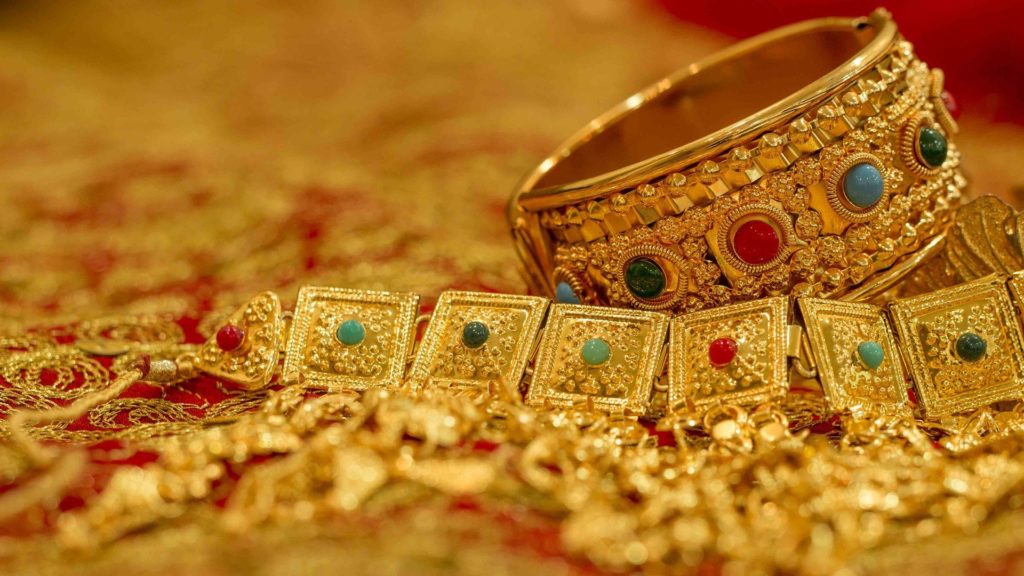For ages, gold has played a central role in human commerce, yet it is often shrouded in myths, particularly when it comes to its sale. If you’re a discerning gold owner or contemplating a sale, it’s essential to understand these misconceptions. Through this blog, we aim to dispel many of the widespread myths surrounding gold sales, ensuring you receive the best possible value for your cherished possession.
Gold Bars fetch a higher price than Gold Coins.
One common misconception is that gold bars always fetch a higher price than gold coins. While it’s true that gold bars have a more straightforward pricing mechanism based purely on weight, rarity, and historical significance can increase the value of certain coins. For some buyers, the aesthetic and historical appeal of a coin may make it more valuable than a bar of the same weight.
Physical Gold is difficult to sell.
Many believe that selling physical gold is a tedious process. In reality, numerous reputable dealers, like Ainslie Bullion Brisbane and Ainslie Bullion Melbourne, make the process straightforward and transparent. You can quickly get quotes, compare prices, and finalize a sale. Do your research, find a reputable dealer, and the selling process will be smooth.
Only Pure Gold is worth selling.
Contrary to popular belief, you don’t need to have 24-karat or .999 pure gold to make a sale. Various gold items, whether they’re 10-karat gold jewelry or 22-karat gold coins, have value. The price you fetch will be proportionate to the gold content, but saying only pure gold has selling value is incorrect.
The market price of gold is the final selling price.
While the market price, often referred to as the spot price, is a key factor in determining the value of gold, it isn’t the only factor. Other elements like dealer premiums, manufacturing costs, and the specific type of gold item in question can influence the final selling price.
Local Pawnshops offer the best prices.
Pawnshops can be a quick way to sell gold, but they might not always offer the best prices. Their primary objective is to make a profit, so they might provide you with a price lower than the gold’s real market value. It’s always advisable to consult multiple sources, including specialist gold dealers, before finalizing a sale.
Gold’s value only rises during economic downturns.
While gold is often considered a safe-haven asset during times of economic instability, its value doesn’t solely depend on economic downturns. Numerous factors, such as supply and demand dynamics, geopolitical tensions, inflation rates, and central bank policies, can influence gold prices. It’s a multifaceted commodity that doesn’t strictly adhere to one economic indicator.
Selling gold is tax-free.
This is a dangerous myth to believe in. In many countries, selling gold can lead to capital gains tax, especially if the gold’s value has appreciated since its purchase. It’s essential to understand the tax implications in your region before selling gold. Consulting a financial advisor or tax professional can provide clarity on this matter.
Old, broken jewelry isn’t worth selling.
Many people think that if their gold jewelry is broken or out of fashion, it’s not worth selling. This is a misconception. The intrinsic value of gold doesn’t diminish because the jewelry piece is damaged. Gold buyers and dealers are primarily interested in the metal content, not the aesthetic condition of the item.
Online gold buyers are always scammers.
While caution is always recommended when dealing online, there are numerous reputable online gold dealers and buyers. They operate with transparency and offer competitive prices. As with any business transaction, it’s crucial to do your due diligence, read reviews, and ensure the company has a good reputation before proceeding.
Gold certificates are better than physical gold.
Gold certificates represent ownership of gold without the need to hold the physical metal. While they have their advantages, such as eliminating storage concerns, they also come with risks. The institution issuing the certificate could go bankrupt, or there might be issues regarding the authenticity of the underlying gold. Physical gold, on the other hand, provides tangible value you can hold in your hand.

In conclusion, when navigating the gold-selling market, it’s vital to distinguish fact from fiction. Myths can cloud judgment and potentially lead to losses. Whether you’re selling a family heirloom or an investment, understanding the reality of the gold market will ensure you get the best value for your precious metal. Knowledge is truly golden!




